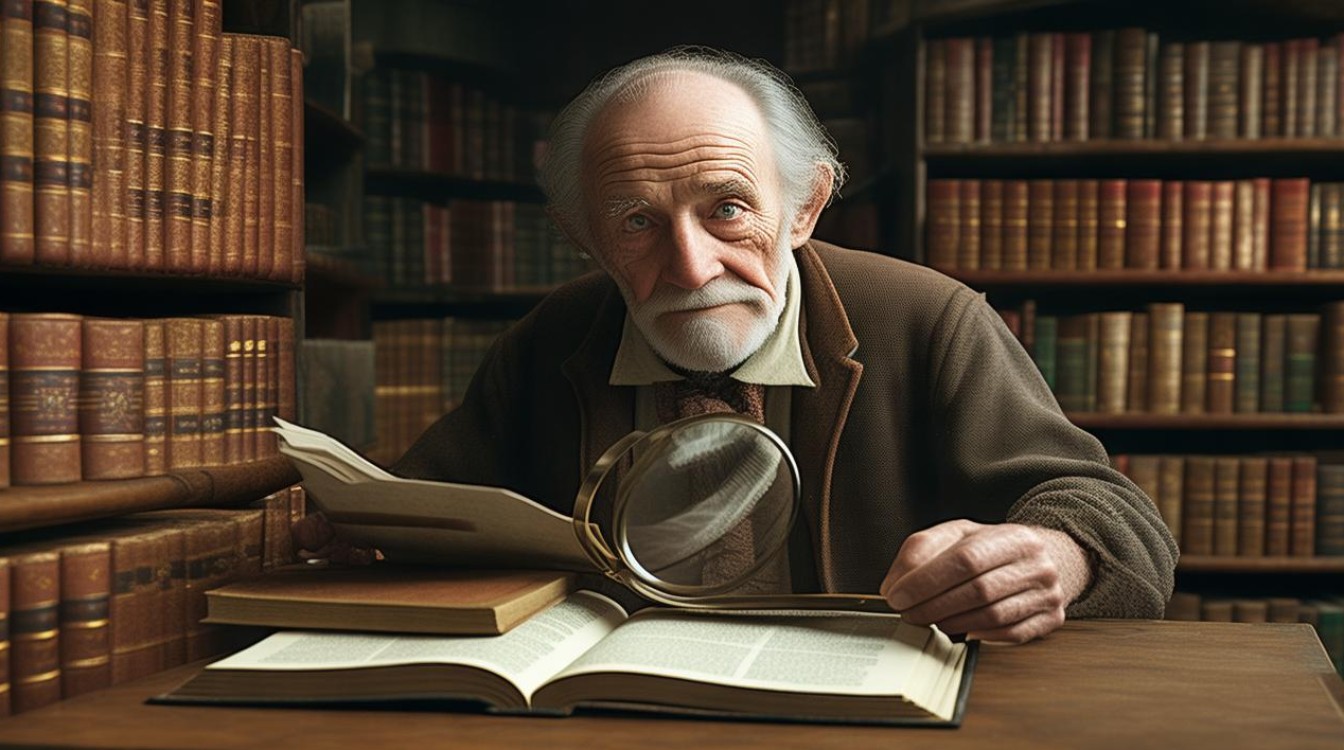The concept of aging is universal, yet the English language offers a rich tapestry of words to describe it. From formal to colloquial, each term carries subtle shades of meaning. For language learners, writers, or simply the curious, understanding these variations adds depth to communication. Let’s delve into the lexicon of "old" in English, examining its synonyms, connotations, and cultural contexts.

The Foundation: "Old" and Its Core Meanings
The word "old" itself is versatile. It can denote age ("an old tree"), experience ("an old hand at cooking"), or even familiarity ("good old days"). However, English thrives on specificity. When "old" feels too broad, alternatives step in to refine the message.
Formal and Neutral Synonyms
In academic or professional settings, precision matters. These terms convey age without unintended implications:
- Aged: Often used for objects or people with a sense of reverence ("aged wine," "an aged scholar").
- Elderly: A respectful term for older adults, though some prefer "older adults" for its neutral tone.
- Senior: Common in institutional contexts ("senior citizens"), but can feel impersonal.
- Venerable: Implies wisdom and respect, often for historical figures ("a venerable tradition").
Words with Positive Connotations
Language can celebrate aging gracefully:

- Seasoned: Suggests valuable experience ("a seasoned journalist").
- Time-honored: Highlights tradition ("time-honored customs").
- Distinguished: Combines age with achievement ("a distinguished professor").
Informal and Colloquial Terms
Everyday speech embraces playful or affectionate expressions:
- Vintage: Borrowed from antiques, now describes people humorously ("he’s vintage 1960s").
- Golden years: A cheerful euphemism for retirement age.
- Long in the tooth: Originally described aging horses, now used lightly for people.
Words with Negative or Humorous Undertones
Context is key—these can be teasing or offensive depending on tone:
- Decrepit: Implies frailty, often hyperbolic ("my laptop is decrepit").
- Geezer: British slang, sometimes affectionate, sometimes derogatory.
- Over the hill: A joking nod to midlife crises.
Cultural and Literary Perspectives
Literature and media shape perceptions of age. Shakespeare’s "lean and slippered pantaloon" contrasts with modern heroes like Indiana Jones, who defy "old" stereotypes. Meanwhile, Eastern cultures often emphasize reverence for elders, while Western societies may prioritize youth—a nuance reflected in language choices.

The Evolution of "Old" in Modern English
Language mirrors societal shifts. Terms like "elderly" are scrutinized for potentially infantilizing older adults, while "aging in place" and "active seniors" reflect contemporary values of independence. The rise of terms like "super agers" (referring to those aging exceptionally well) shows how vocabulary adapts to new understandings of longevity.
Practical Tips for Usage
- Audience matters: "Elderly" may suit medical reports; "seasoned" fits resumes.
- Avoid assumptions: Not all older people identify with terms like "retiree."
- Embrace specificity: Instead of "old building," try "19th-century architecture" for vividness.
Language about aging need not be bland or biased. By choosing words thoughtfully, we honor the complexity of growing older—whether describing a person, an object, or an era. The right term can convey respect, humor, or historical weight, turning a simple concept into a nuanced conversation.
As we navigate these linguistic choices, remember: words are mirrors of our values. Whether discussing a centuries-old oak or a lifelong mentor, the vocabulary of "old" invites us to reflect on time, legacy, and the stories embedded in every stage of life.



